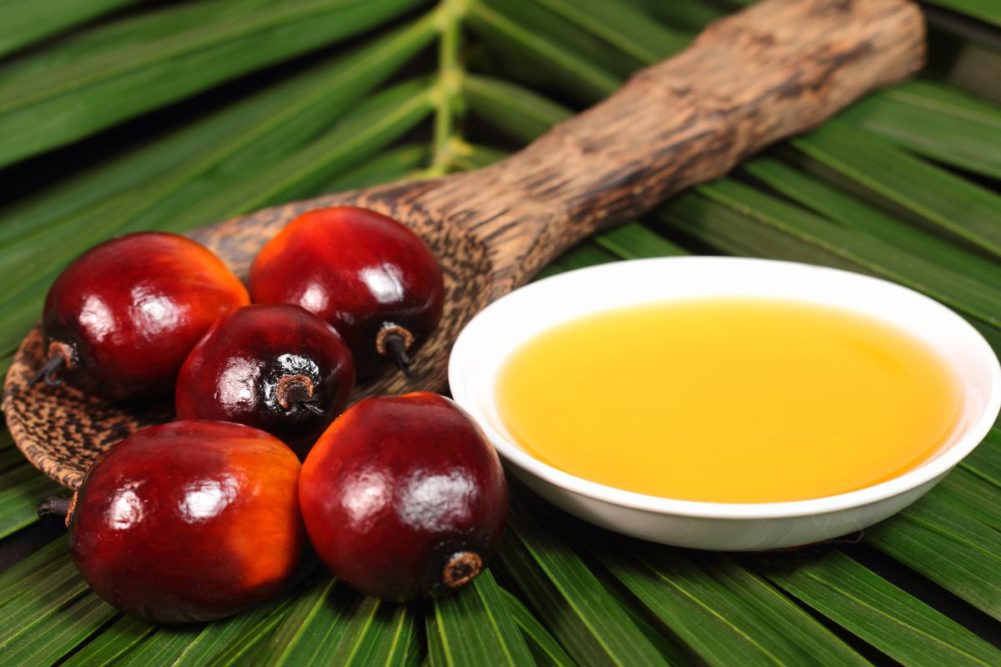JAKARTA, INDONESIA — A projected 400,000 to 800,000 tonnes of Indonesian palm oil are expected to be blocked from the global market over the next three months after the government said it would suspend two-thirds of palm oil exports in order to shore up domestic cooking oil supplies, according to a Global Agricultural Information Network report from the Foreign Agricultural Service o the US Department of Agriculture (USDA).
On Feb. 6, Luhut Pandjaitan, coordinating minister for Maritime and Investment Affairs, said 66% of palm oil export permits (export permits already issued to companies that complied with the government’s Domestic Market Obligation policy) will be suspended immediately until May 1.
The government’s decision to suspend two-thirds of palm oil exports was made in response to rising cooking oil prices and to ensure supplies ahead of Ramadan and Eid festivities. In addition to rising prices, consumers in several regions of Indonesia reported difficulty in finding subsidized cooking oil, even after the Ministry of Trade imposed a 5-kg per person purchase limit. The government has set a target of increasing domestic cooking oil supplies by 50% to 450,000 tonnes a month over next three months.
Exporters may still ship the remaining 34% of authorized palm oil exports, and the suspension of the 66% may be lifted in early May 2023, pending a government review.




